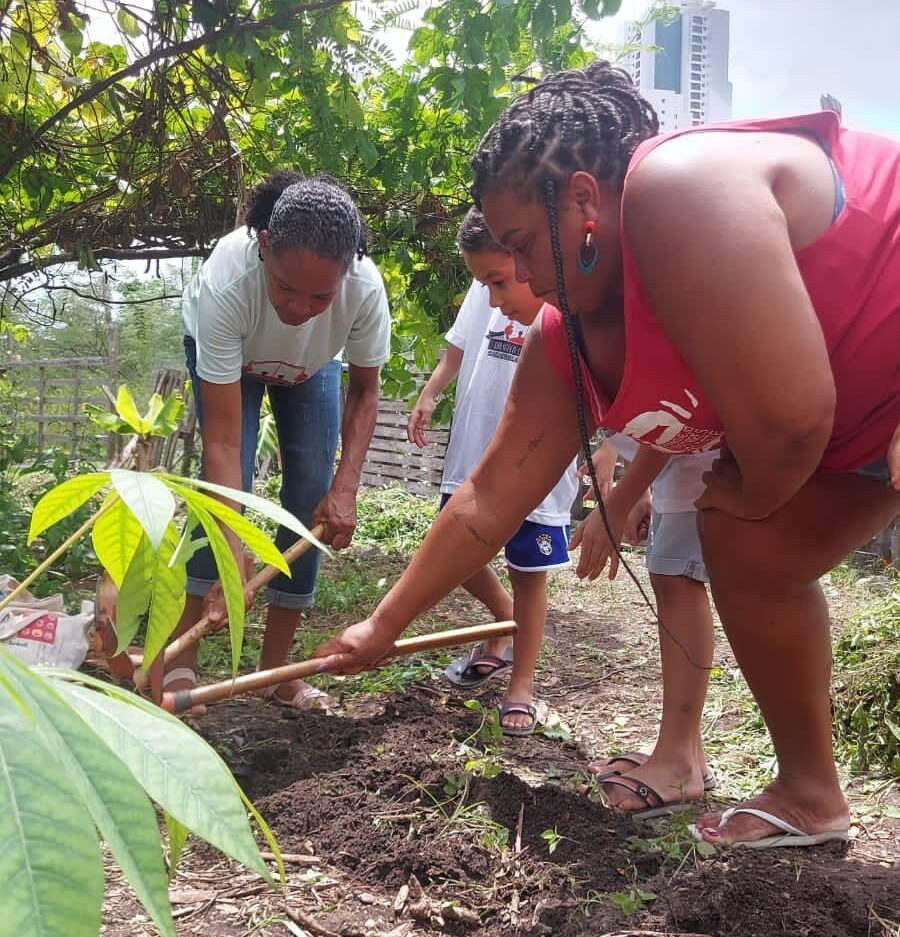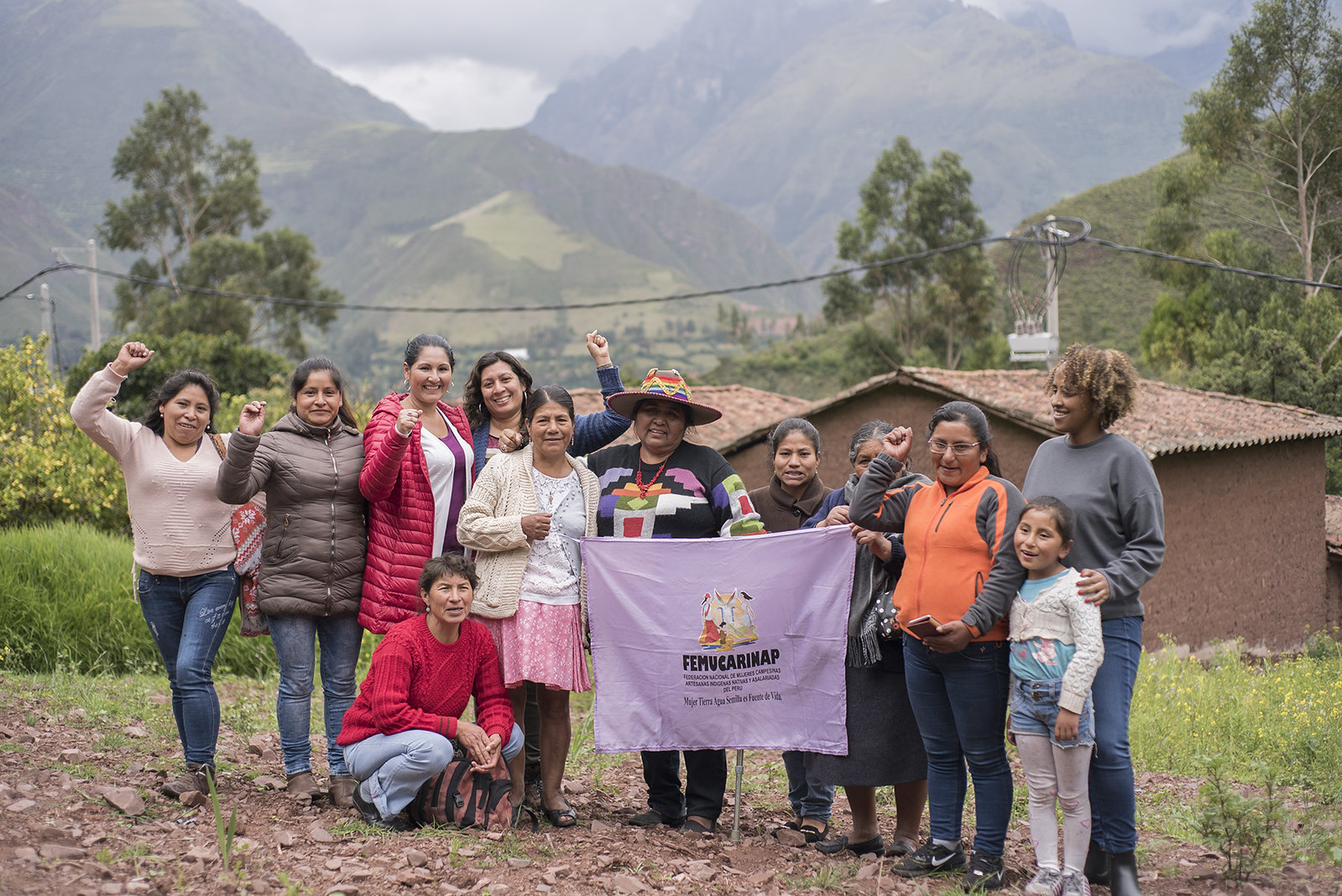How do you bring youth back to agriculture?
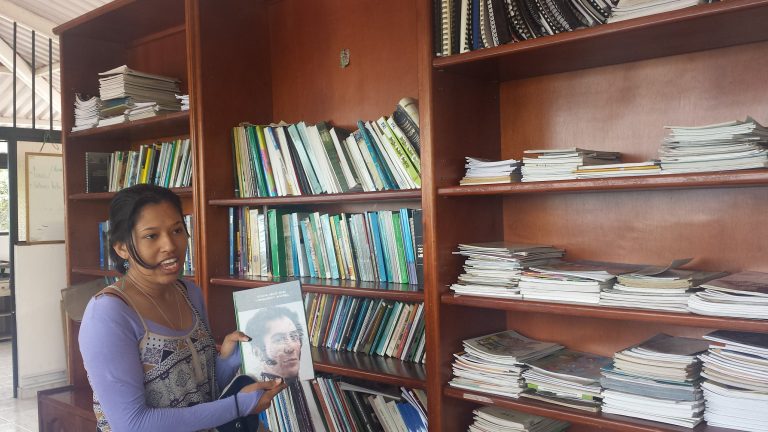
Is farming just not cool enough for youth?
One challenge that I have come across over and over again in different countries, including the United States, is the need to engage youth and get them interested in agriculture as not only a livelihood, but a way of life.
I’ve witnessed various grassroots solutions to this problem. They have ranged from offering space for youth at conferences and to have their own gatherings, intergenerational learning, and a continual practice of integrating youth in program activities.
On my recent visit to Colombia, I learned another solution for reconnecting youth to farming through the Federación Nacional Sindical Unitaria Agropecuaria (FENSUAGRO): implementing an agroecology school.
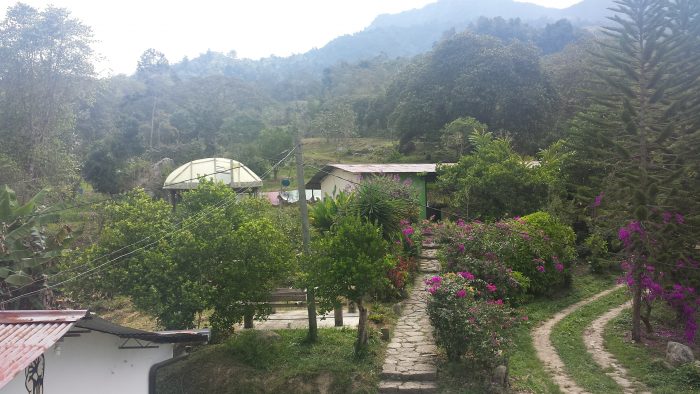
Founded in 1976, FENSUAGRO, or the National Unified Agricultural Union Federation, is the oldest peasant farmer-led organization in Colombia, working at the state, municipal and regional levels. The federation includes 52 member unions and 23 peasant farmer associations with more than 80,000 member families living in 22 out 0f the 32 states. FENSUAGRO is also one of the oldest members from the South American region of La Via Campesina.
The idea of implementing an agroecology school in Colombia was inspired by the agroecology schools La Via Campesina has been building and implementing around the world. In Latin America, they are more formally known as IALAs (Latin American Institutes of Agroecology). For Colombian peasant farmers, the nearest IALA to attend had been the IALA “Paulo Freire” in Venezuela.
However, FENSUAGRO saw that each time they sent youth to Venezuela for agroecology training, they never came back to Colombia to implement their learnings in their home country. There were many reasons for this, but the most common one was the lack of opportunities for youth to thrive, especially in agriculture.
Colombia has recently entered a peace agreement era, after over 50 years of internal armed conflict between the Colombian state and the Revolutionary Armed Forces of Colombia (FARC). FARC and other guerilla groups such as the Popular Liberation Army (EPL) and the National Liberation Army (ELN), emerged in the 1960s as a result of unequal land distribution and social injustice. The government troops and guerilla groups were not the only armed actors during this time. Around 80% of the victims came about as a direct result of right-wing paramilitary operations in the conflict. The paramilitaries arose from large landowners’ private armies and security forces who took over large areas of land in the country where the government was weak, operating like an organized crime gang and controlling civilian and political life.
Due to this environment, youth in Colombia have not known peace for a long time.
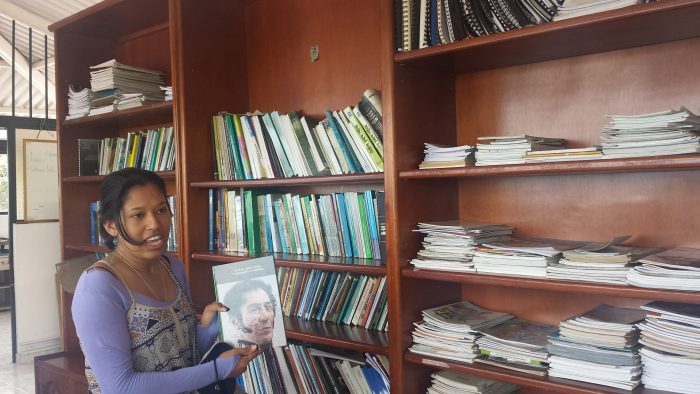
FENSUAGRO’s desire to build an IALA in Colombia was to integrate the protection and care of the environment, food sovereignty, and the buen vivir of peasant farmers AND to be led by youth, for youth. FENSUAGRO named their IALA “María Cano,” after a Colombian poet and writer who was Colombia’s first female political leader and who led struggles for workers’ rights.
With the intention of ensuring youth attended IALA María Cano, FENSUAGRO effectively built alliances with multiple academic institutions to recognize and validate the curricula as an accredited university program. Due to this effort, IALA María Cano is the first LVC agroecology school in the region to be an accredited training program.
When I visited, Carlos, a Colombian youth trained from the IALA Paulo Freire, showed me around the grounds of IALA María Cano. He shared his immense passion for agroecology and the different projects he’s developed with other young faculty, such as the raised nursery beds for lettuce and the seed bank.
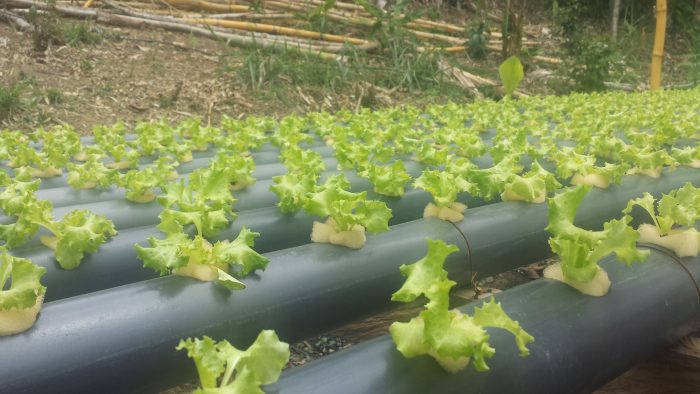
The first group of students who started in early 2017 were not on site, as they were finalizing their second semester and focused in implementing practices in their own communities. The young faculty who stayed behind have not stopped working though, as they seize the break to engage with neighboring farmers to share agroecological practices with them as well.
With a huge vision and large range of activities, the agroecology school is offering youth an experimental space to be creative, build their skills, and lead the way for the next generation of young farmers in Colombia.
Sounds cool to me.
Related Stories
